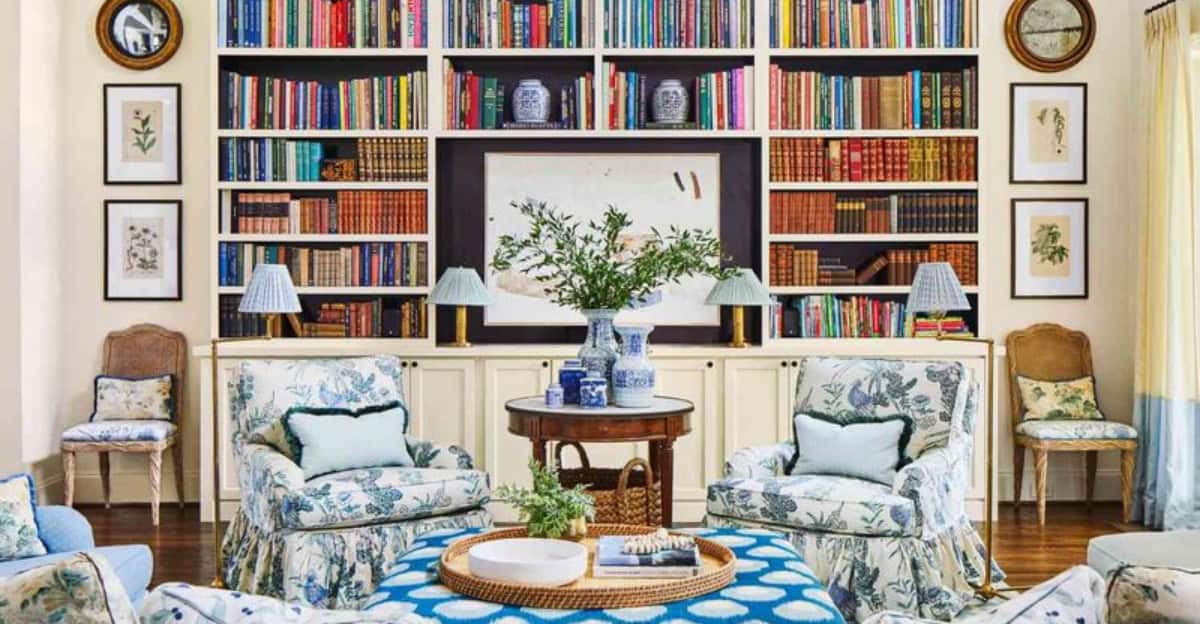The concept of ‘Bookshelf Wealth’ has recently captured attention as more people discover the value of showcasing curated books in their living spaces.
This trend is more than just an aesthetic choice; it’s a reflection of personal values, interests, and intellectual pursuits. As we delve into this topic, we’ll explore 8 compelling reasons why bookshelf wealth is here to stay.
1. Cultural Reflection
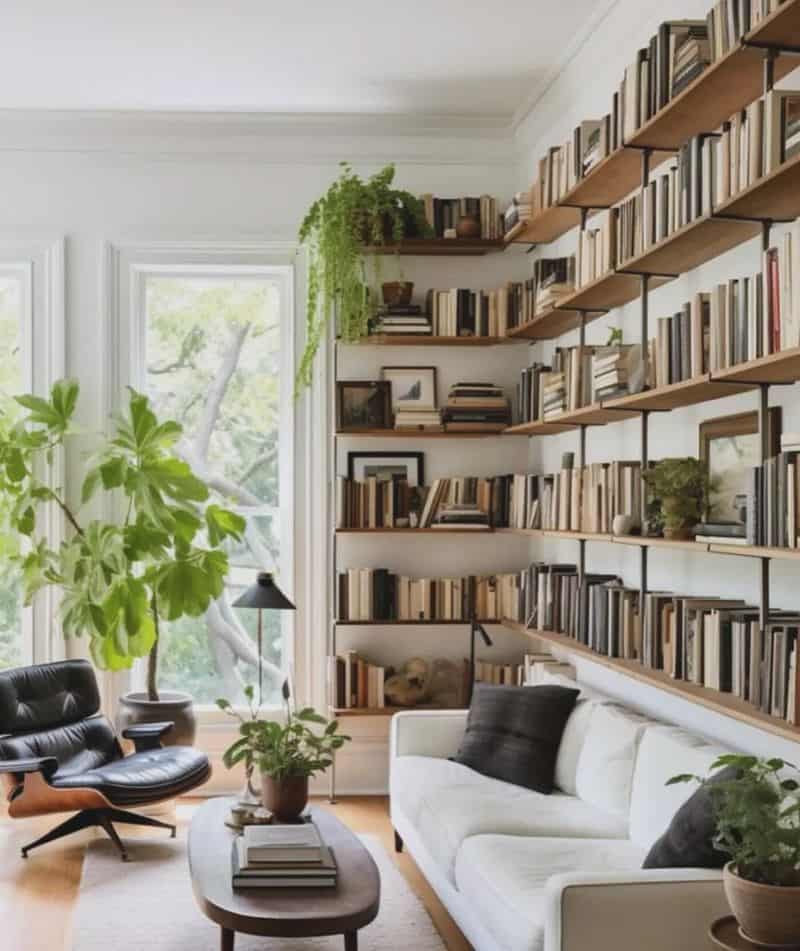
Bookshelves have become cultural mirrors, showcasing the diversity and richness of global literature. Many people are curating their bookshelves to reflect their multicultural experiences and interests.
This trend helps bridge cultural gaps by fostering understanding through literature.
By displaying books from various backgrounds, individuals express an appreciation for diversity. This not only enriches personal spaces but also sparks conversations among guests.
A well-curated bookshelf can become a focal point for dialogue about cultural stories and histories, offering a unique way to connect with others. Indeed, a bookshelf tells the story of its owner’s cultural journey.
2. Intellectual Identity
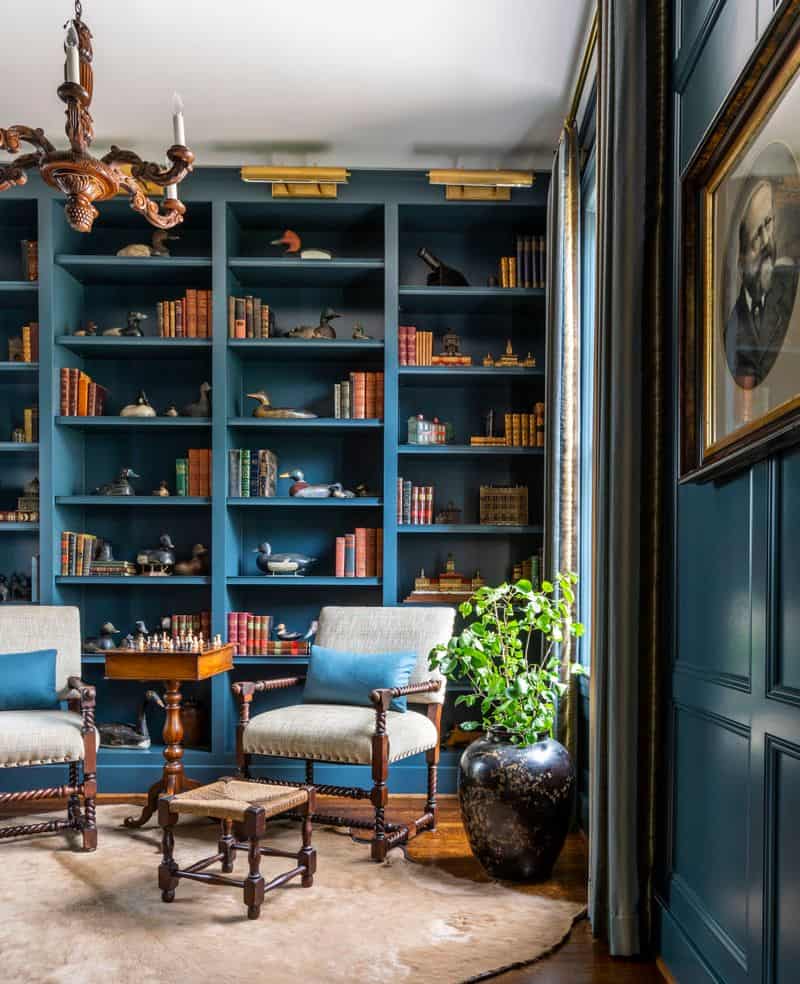
Bookshelf wealth goes beyond aesthetics, serving as an expression of one’s intellectual identity.
The selection of books on display often reveals an individual’s interests, passions, and pursuits. This personal touch turns a simple shelf into a canvas of the mind.
Engaging with this trend encourages self-reflection and knowledge growth. Books become more than just decorative items; they represent a lifetime of learning and curiosity.
By choosing to share this intellectual journey, individuals invite others to engage in meaningful exchanges about the topics they hold dear, fostering a community of shared knowledge.
3. Aesthetic Appeal
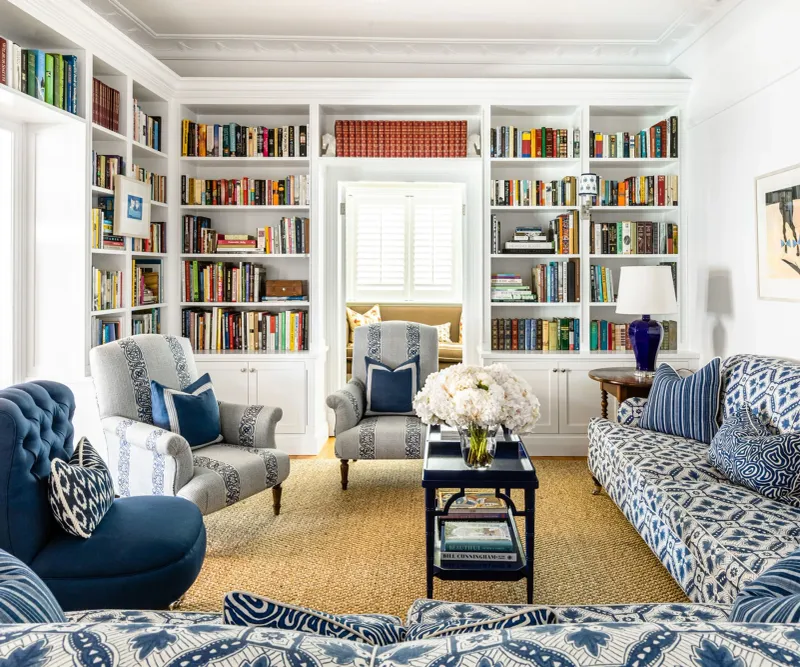
The aesthetic appeal of bookshelves has transformed them into a key element of interior design.
A well-organized bookshelf can enhance the ambiance of a room, adding warmth and character. This focus on beauty and order makes bookshelves an attractive feature in modern homes.
People are increasingly using books as decorative pieces, arranging them by color or size to create visually pleasing patterns. This trend reflects a desire for harmony and style in personal spaces.
As books become focal points in decor, they also serve as conversation starters, inviting guests to explore new ideas and authors.
4. Sustainability

Embracing bookshelf wealth aligns with sustainable practices, as it often involves repurposing materials and sharing resources.
Many people are opting for second-hand books and sustainable shelving options, contributing to a more eco-friendly lifestyle.
This trend promotes the recycling and reuse of books, reducing the demand for new prints and deforestation. By choosing sustainable materials for shelves, individuals demonstrate a commitment to environmental responsibility.
The practice of curating a bookshelf in this manner reflects broader values of conservation and mindfulness, making sustainability a central theme in modern living.
5. Emotional Connection
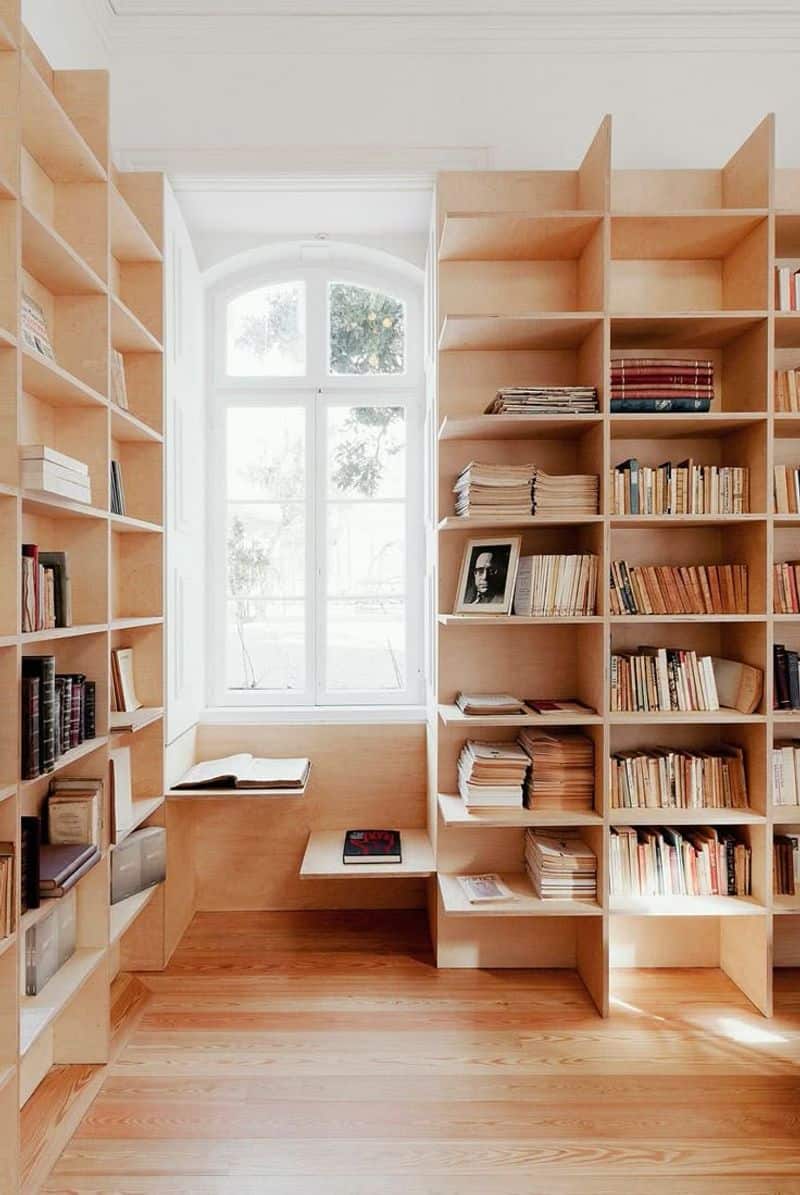
Books have a unique ability to evoke emotions and memories, making bookshelf wealth deeply personal. Curating a collection often involves selecting works that resonate on an emotional level, whether through nostalgia or inspiration.
This personal connection transforms books into cherished keepsakes, each with its own story and significance. Sharing these works with loved ones can strengthen bonds and create lasting memories.
The act of revisiting favorite books or discovering new ones together enhances relationships, adding layers of meaning to the simple presence of a bookshelf in a home.
6. Knowledge Sharing
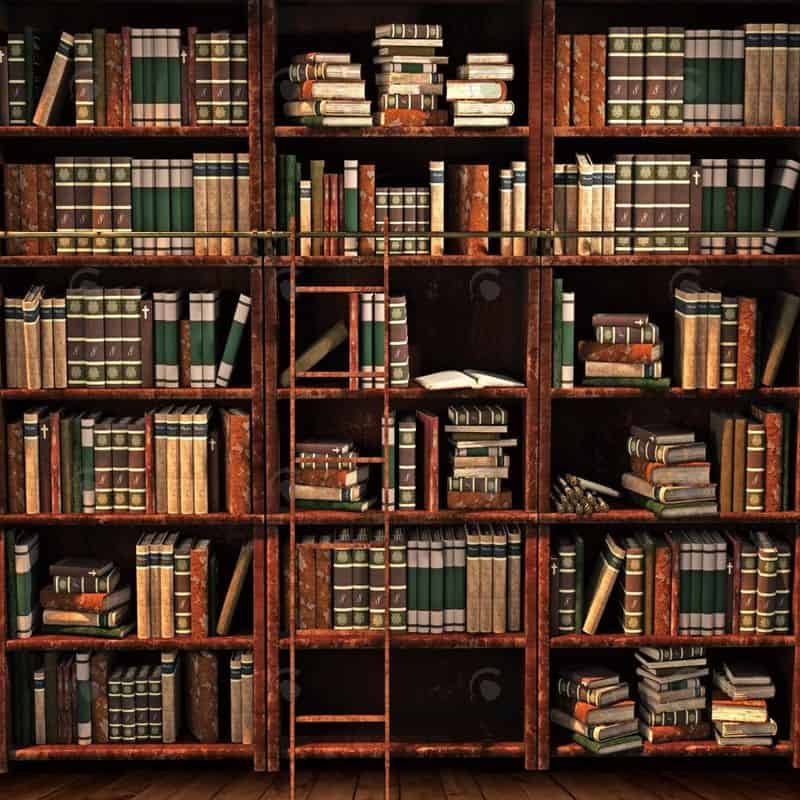
Bookshelf wealth encourages the sharing of knowledge and resources within communities. Many neighborhoods have embraced this trend by setting up community libraries, where residents can borrow and donate books freely.
This practice fosters a sense of community and collaboration, as books become shared treasures rather than private possessions. By participating in such initiatives, individuals contribute to a culture of learning and generosity.
These community bookshelves serve as hubs of activity, bringing people together to discuss literature, share recommendations, and support each other’s educational journeys.
7. Personal Growth

Curating a bookshelf is an ongoing journey of personal growth and development. The books individuals choose to display often reflect areas they wish to explore or improve in their own lives.
This selection process encourages continuous learning and introspection, with books acting as guides and mentors. As readers engage with diverse topics, they gain new perspectives and insights.
The evolving nature of a personal bookshelf symbolizes the ongoing quest for self-improvement, making it a powerful tool for those committed to personal development and achievement.
8. Social Status
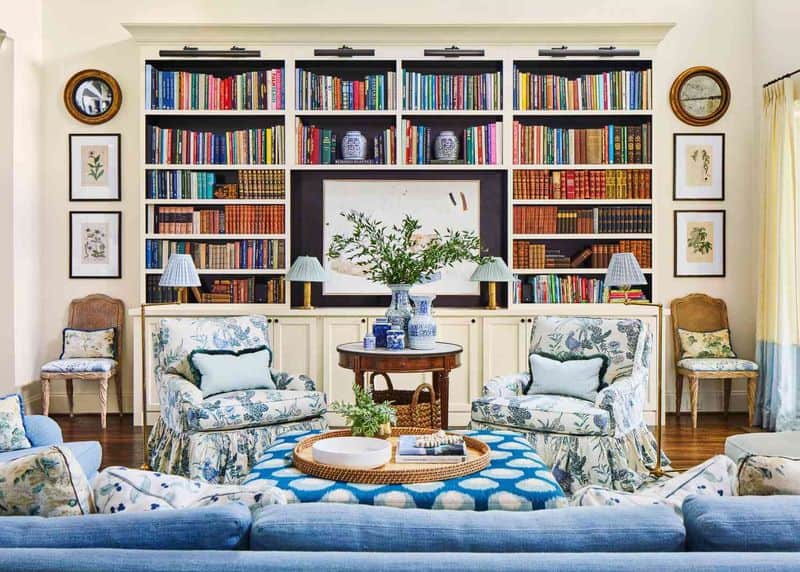
Bookshelves have historically been a symbol of social status and intellectual wealth. Displaying rare or antique books can denote sophistication and a deep appreciation for literature. In today’s world, this aspect of bookshelf wealth remains relevant.
Owning a well-curated collection can elevate one’s status, signaling a commitment to culture and education. This trend also reflects a desire for prestige and recognition, as guests admire the thought and care put into selecting such works.
Ultimately, bookshelf wealth can be both a personal and social statement, intertwining knowledge with elegance and class.

